Extreme weather conditions in Pakistan due to climate change
The Environmental Blog
SEPTEMBER 13, 2021
On the other hand Pakistan has a long history of floods and floods of 1928, 1929, 1955, 1957, 1959, 1973, 1976, 1988, 1992, 1995, 1996, 1997, 2001, 2008, 2010, and recent 2020 share the saddest events with tremendous damages in the country. Glaciers are receding and wasting at a global level, which shows the sign of Global warming.



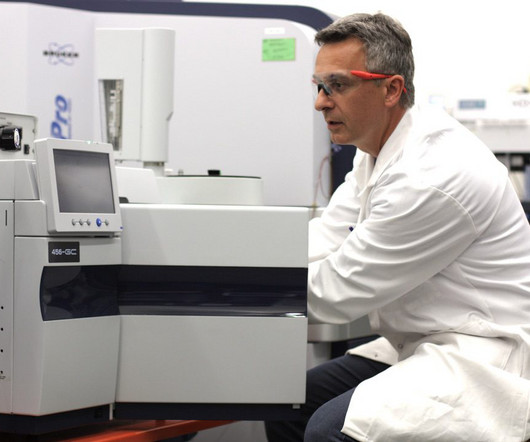
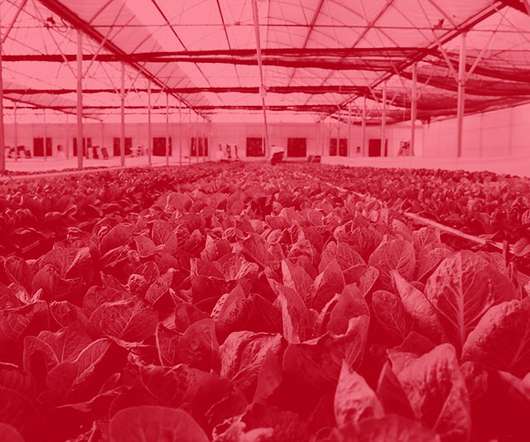
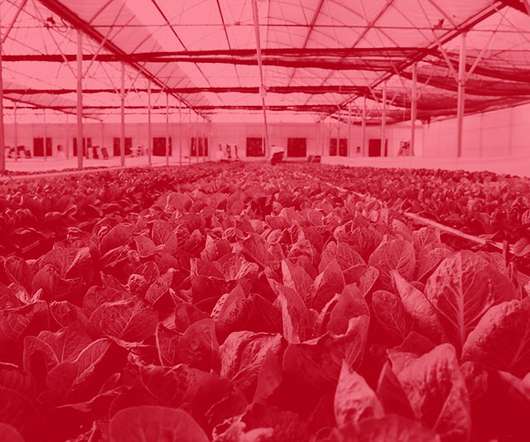
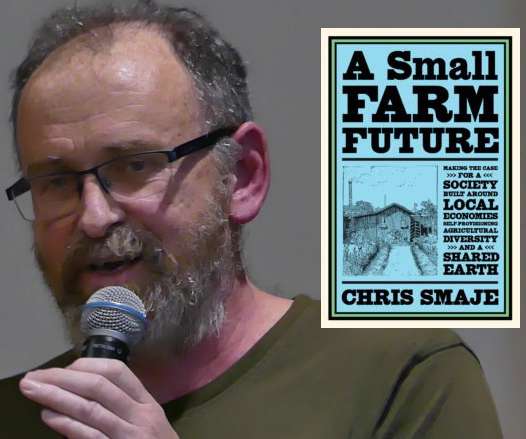


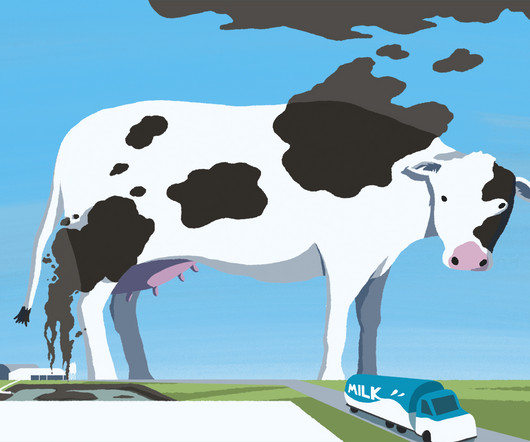

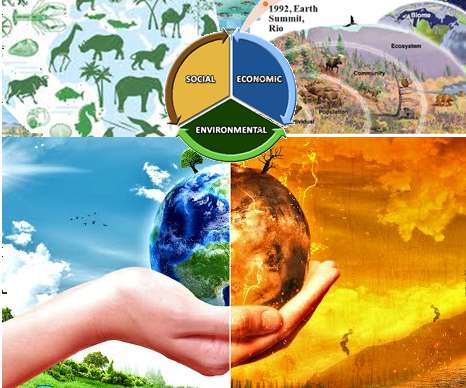









Let's personalize your content